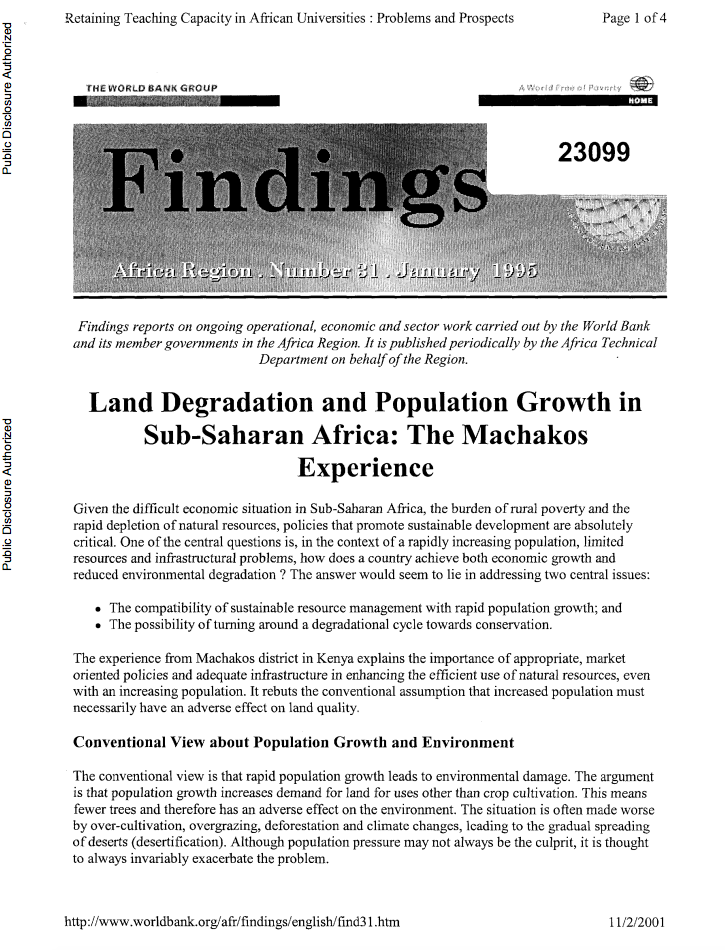Housing Finance
Access to adequate housing is critically
important to the health and wellbeing of the world’s
population. Yet, despite the fact that this statement is
part of the United Nations Universal Declaration of Human
Rights and has been on the global policy agenda for many
years, hundreds of millions of people continue to live in
inadequate conditions with little or no access to decent
housing. The demand for housing solutions will increase as


